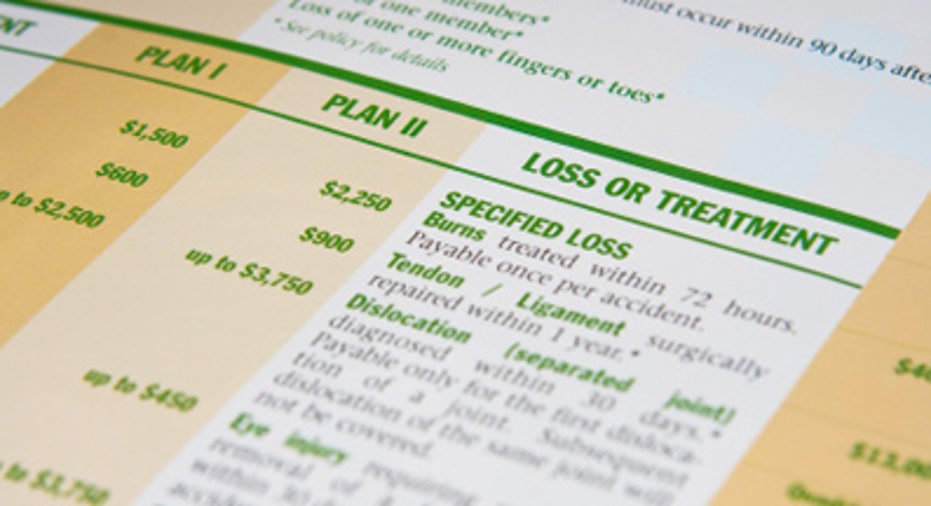Insurance Company, Not Ticket, Decides Fault

Question: I was involved in an accident and received three tickets. I told my car insurance company that I was innocent, and the tickets weren't valid (I fought them and got them dismissed or lowered). However, they still paid over $3,500 to the other party. Now my rates went up, and I'm mad. Do I have any recourse?
Answer: Unless your car insurance company did something wrong during the claims process, there is no real recourse against it for finding you at fault and paying for the other party's damages.
Getting your tickets dismissed (or lowered) doesn't ensure that your insurance company won't find you at fault; it just means the state didn't decide to find you guilty of the violations you were cited under.
In the long run, fighting the tickets should help your car insurance rates since you can't be rated on violations you aren't convicted of. It doesn't, however, mean your car insurance company will automatically side with you regarding which driver was to blame for the accident.
There are many auto accident cases where no tickets are written by law enforcement, but the insurance companies involved still find a particular driver at fault, and thus liable for the accident.
Car insurance companies do like to review police reports when investigating an auto accident claim and see if tickets were written to any parties; however, to make a final determination of fault claim adjusters look at much more.
Adjusters talk to all drivers involved, any witnesses, and may also view the damage and accident scene. Once they've compiled and gone over the accident evidence, adjusters use this and their years of experience to decide which driver is at fault -- or if both drivers could be partially to blame. States have comparative and contributory negligence laws, so it's possible for both drivers to be found at fault for the incident.
If you think that the other driver was at least partially to blame, then you could put your damage claims through the other party's insurance policy (if you have not already put it through your own collision coverage).
Depending upon how much the other party's car insurance company finds you at fault and your state's negligence laws, you may be paid for all, a portion, or none of your damages. (See “What is comparative and contributory negligence”)
If you feel that your car insurance company did do something wrong during the course of its claims investigation, then you can contact your state's insurance regulator for consumer assistance.
The representatives for this state agency help with consumer insurance matters and will allow you to make a complaint against an insurance company. The office will then investigate and determine if the complaint is warranted and should be responded to by the insurance company.
As for your higher car insurance rates, you may be able to lower them. Since you're already unhappy with your current car insurance provider, it's an excellent time to compare car insurance quotes with multiple insurance companies.
Car insurance companies' rating systems and surcharge schedules (what raised your rate for the accident) vary greatly. A different car insurance company may not surcharge as harshly for this one accident and, thus offer a more affordable premium. You won't know until you shop around.
The original article can be found at CarInsurance.com:Insurance company, not ticket, decides fault



















